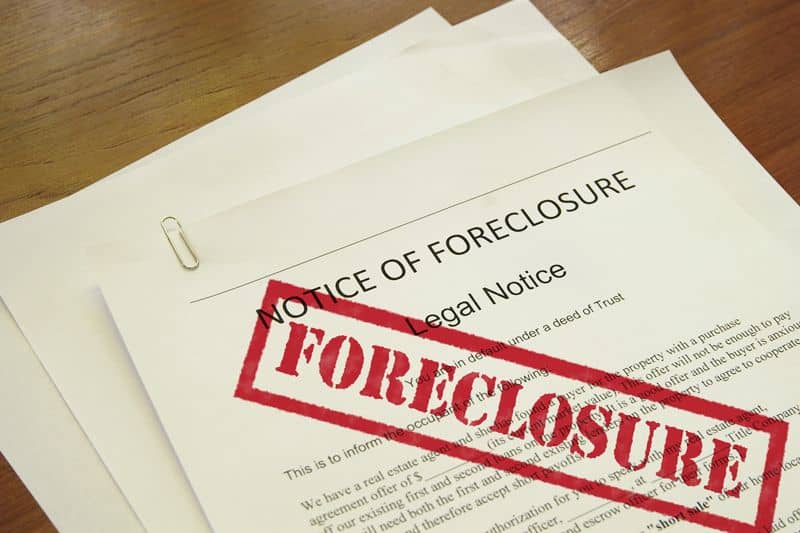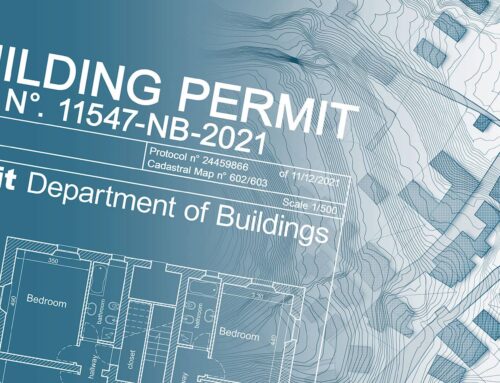Foreclosures in Colorado
In a perfect world, all mortgages and loans would be paid on time and paid off. Unfortunately, not everyone can meet the demand of their loan or keep up with home payments. That’s when the foreclosure process begins in Colorado.

The Colorado Foreclosure Process
To understand how the Colorado foreclosure process operates, it’s best to understand certain terms:
For most foreclosures, the process begins with a defaulted loan or payment. After the mortgage or loan reaches default, the deed goes into non-judicial closure or judicial disclosure depending on the language in the deed. The attorney assigned to the trust or deed then files documents with the public trustee.
The public trustee is tasked with filing a notice of election and demand (more on that later) with the county clerk for publishing in a newspaper with general circulation where the property is located. The trustee must also mail notice on how to redeem the property and other documents to the listed owner of the property. The public trustee ensures transparency for the Colorado foreclosure process.
After the public trustee files their paperwork the property can go to an auction if no further action is taken or the prior owner can attempt to pay off existing debt and any extra fees to reclaim the property during the redemption period. The Colorado foreclosure process normally takes four months from default to auction.
Types of Foreclosures in Colorado
Colorado Redemption Period on Foreclosures
The state of Colorado has a post-sale statutory redemption period on foreclosures. The redemption period allows an owner whose property has been foreclosed on to reclaim their property 75 days after the property’s sale by paying in full the total of their unpaid loan plus interest, taxes, and any additional fees associated with the foreclosure process. If the full amount is paid within 75 days the owner can reclaim the property, but not their losses in fees.
Notice of Election and Demand in Colorado
A notice of election and demand in Colorado (NED in Colorado) is a document that:
The NED exists to keep the foreclosure process transparent to the state, lenders, and property owners.
Final Notes About Colorado Foreclosures
The owner of a property in foreclosure has 15 days prior to the foreclosure auction to file an ‘intent to cure,’ wherein the owner can attempt to reclaim the property before its auction. Foreclosure sales must take place between 45 and 60 days after the election and demand for sale is sent to the county clerk’s office.
Figuring Out Foreclosures in Colorado
Judicial, non-judicial, auction, default – there’s a lot of terminology when it comes to Colorado foreclosure but with a bit of reading above you can teach yourself some basics. If you’re ever worried about a foreclosure or need questions answered about the foreclosure process, reach out to The Storck Team before. A short-sale might be the right solution to avoid foreclosure. Foreclosures can be scary, but you’re better protected when you understand the process and your options.







